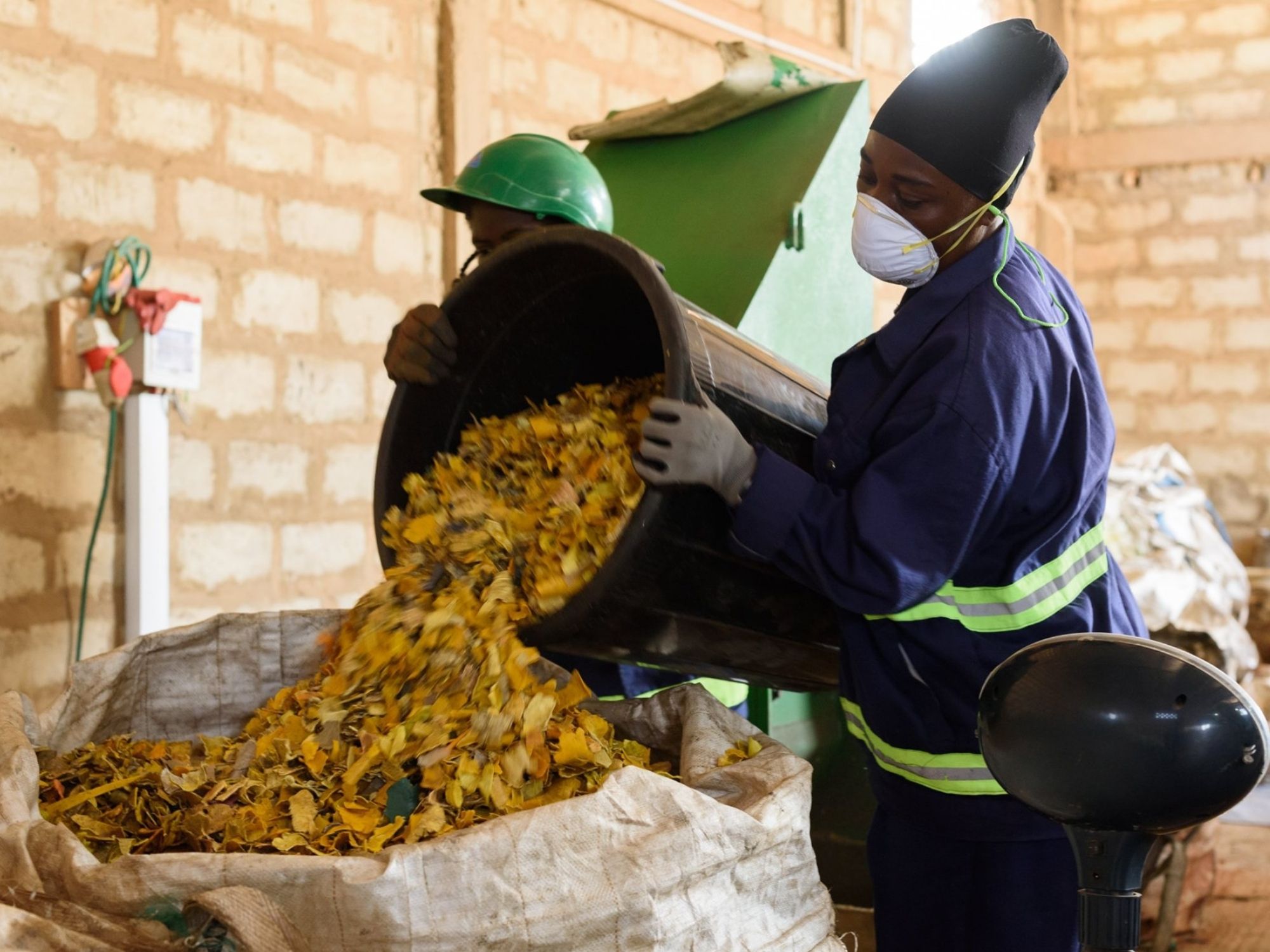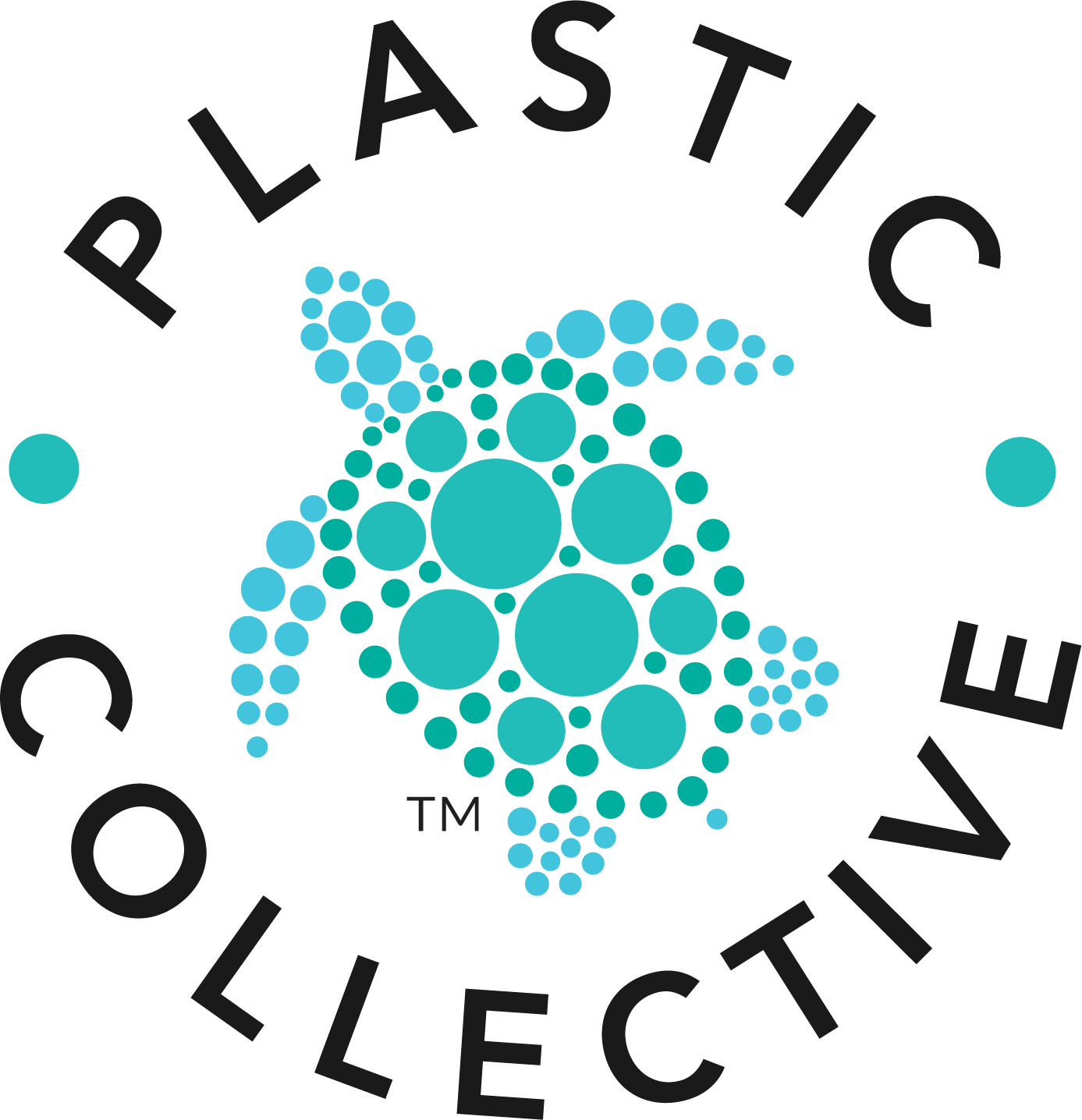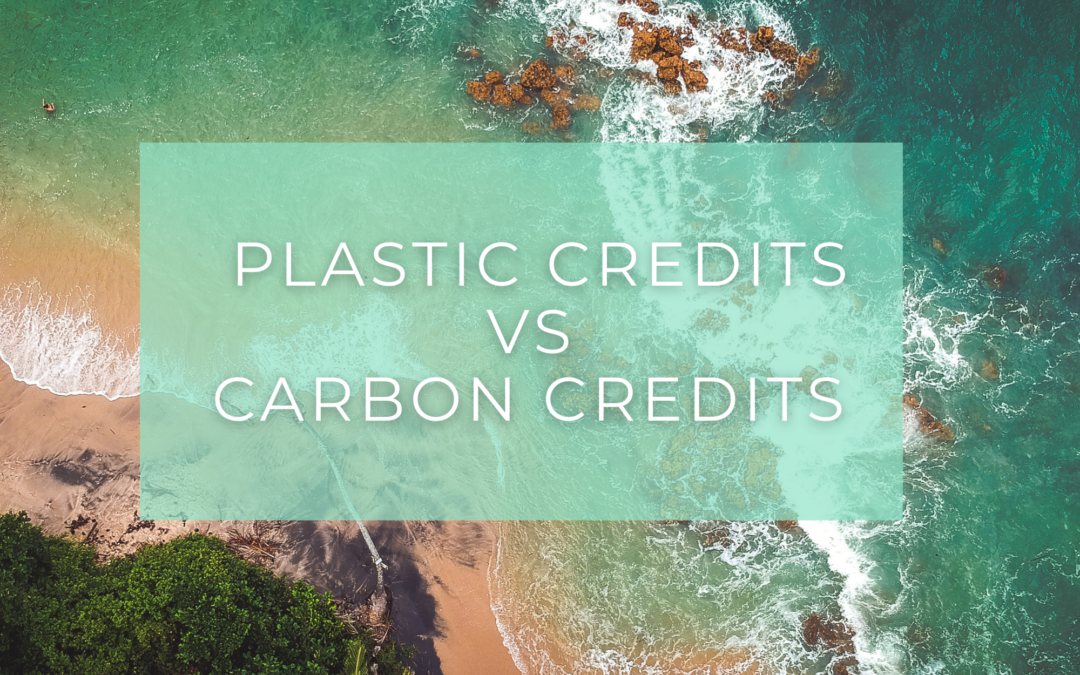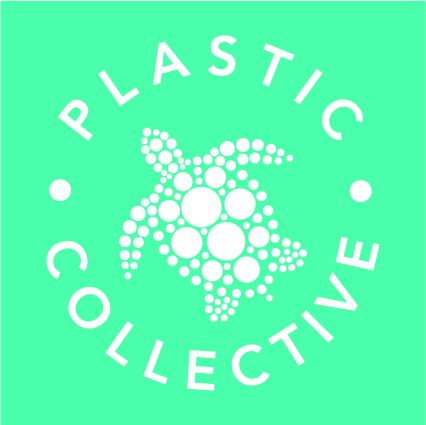As the global focus on sustainability sharpens and Extended Producer Responsibility (EPR) legislation shifts, businesses and individuals are exploring innovative ways to mitigate their environmental footprint. Both plastic credits and carbon credits offer pathways to offset impact, but their focus and tangible outcomes differ significantly. With pressing challenges like plastic pollution, emissions, and climate change, understanding these mechanisms is key to making informed decisions for a sustainable future.
Understanding Carbon Credits
Carbon credits are designed to combat climate change by addressing greenhouse gas emissions. Each credit represents one metric ton of carbon dioxide (or its equivalent) either reduced or sequestered through verified projects. Common examples include renewable energy programs, forest preservation, and carbon capture technologies.
Benefits of Carbon Credits:
While carbon credits have limitations, they remain a valuable tool in the fight against climate change. Their benefits extend across environmental, social, and economic domains, making them an important mechanism for reducing greenhouse gas emissions and advancing global sustainability efforts.
1. Directly Reduces Carbon Emissions
Carbon credits encourage businesses to invest in projects that actively reduce or avoid emissions, such as:
-Renewable energy projects like wind and solar farms.
-Methane capture from landfills or agriculture.
-Industrial improvements that reduce emissions.
These efforts collectively help reduce the global carbon footprint, a critical step in mitigating the worst impacts of climate change.
2. Supports Transition to Clean Energy
Carbon credit systems incentivise the development and adoption of renewable energy solutions. By providing financial support for wind, solar, and hydroelectric power initiatives, these credits enable a faster transition from fossil fuels to sustainable energy.
3. Encourages Corporate Responsibility
Carbon credits provide a structured way for companies to offset emissions from unavoidable activities and take responsibility for their environmental impact while supporting their Environmental, Social, and Governance (ESG) frameworks.
Limitations of Carbon Credits:
1.Intangible Results
Unlike physical waste removal, carbon credits often involve projects that don’t yield visible or immediate results, such as planting trees that take years to mature.
2.Risk of Greenwashing
Critics argue that poorly regulated carbon offsets allow companies to claim sustainability while continuing harmful practices.
3.Complex Measurement
Carbon reductions are difficult to quantify and verify, with potential discrepancies in accounting methods.
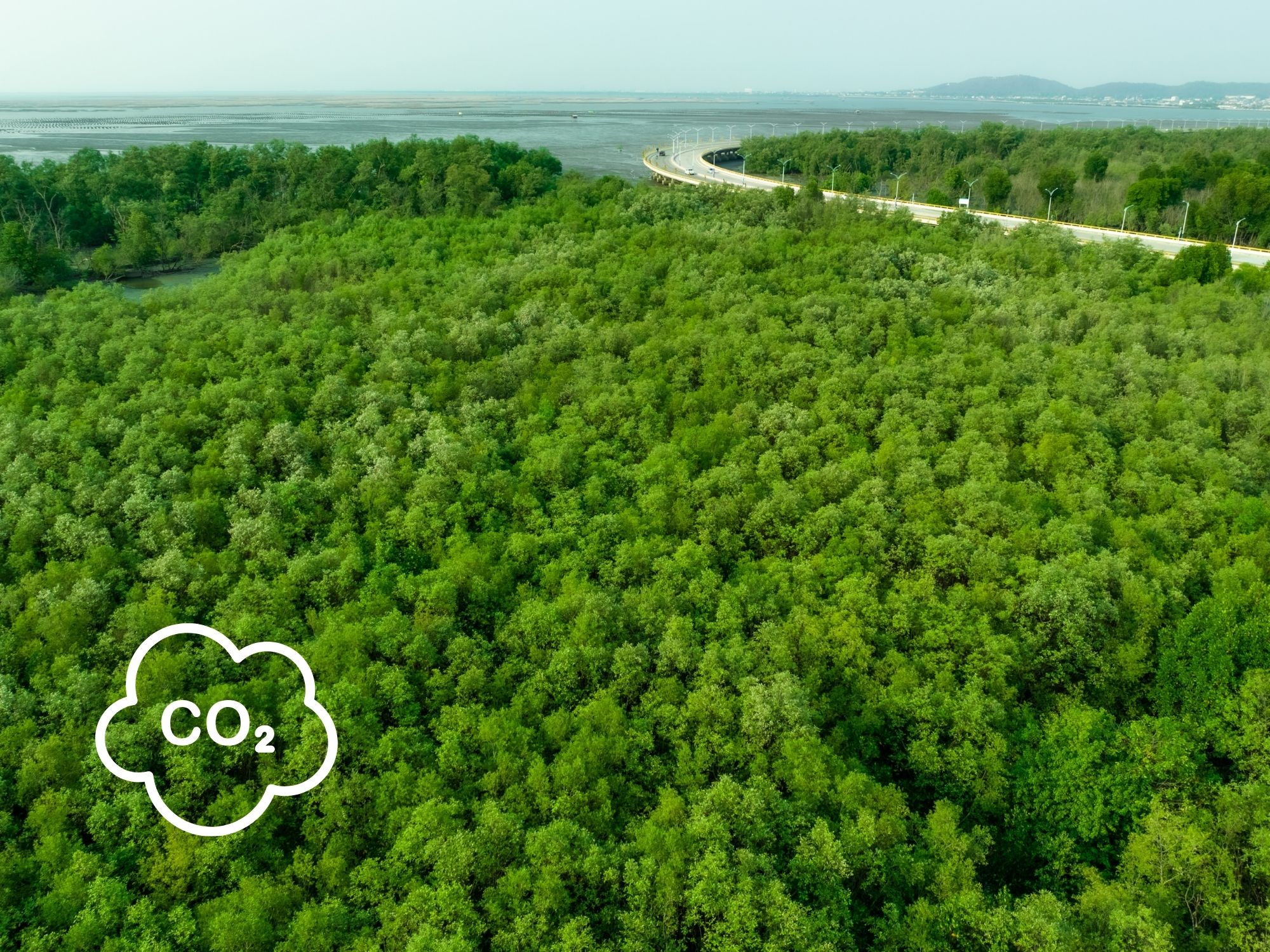
What Are Plastic Credits?
Plastic credits represent a tangible solution to the growing crisis of plastic waste. Each credit is equivalent to a verified amount of plastic collected, recycled, or otherwise prevented from entering the environment. At Plastic Collective one plastic credit equals to 1 tonne of plastic waste removed from the environment. This mechanism aligns with the principles of the circular economy, focusing on reducing the plastic footprint through innovative waste management initiatives.
Why Plastic Credits Are Unique
Plastic credits directly target plastic pollution, providing measurable, immediate impact. Whether removing plastic from oceans or improving recycling infrastructure, these credits allow businesses to take a plastic-neutral stance while supporting environmental and social initiatives.
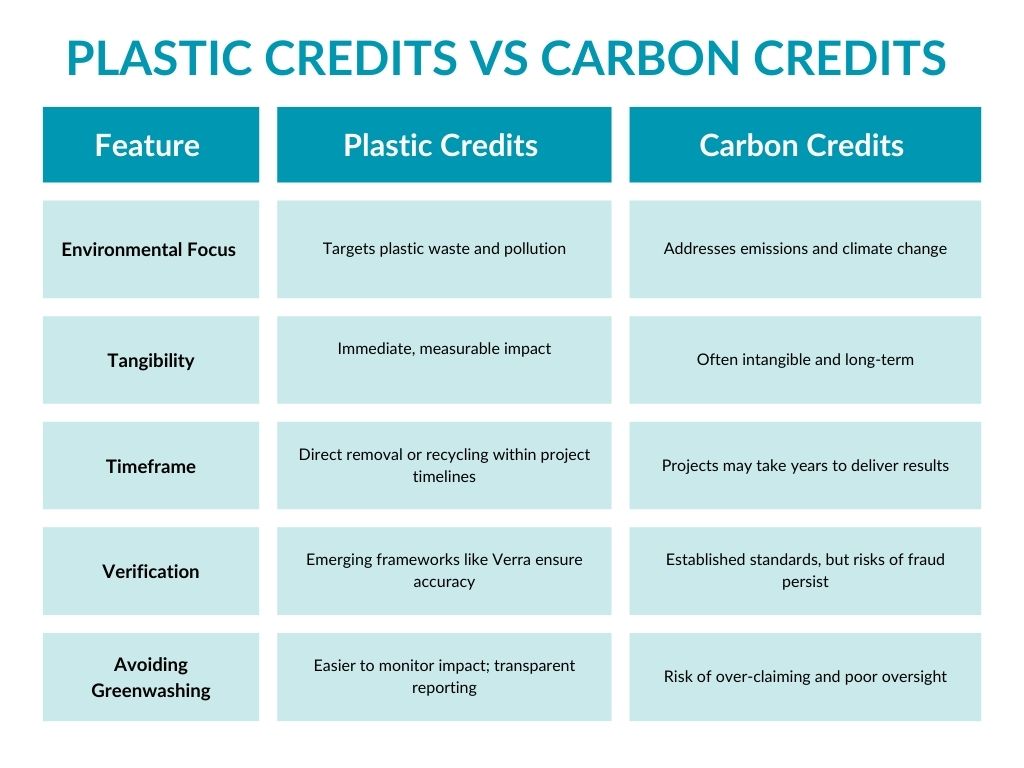
Exploring the Key Differences
1. Tangibility and Immediate Impact
Plastic credits focus on physical waste collection and recycling activities, offering a visible reduction in plastic waste. In contrast, carbon credits address emissions indirectly, often relying on distant, hard-to-measure initiatives like methane capture or afforestation. For businesses eager to demonstrate real-time environmental impact, plastic credits deliver a more concrete outcome.
2. Supporting a Circular Economy
Plastic credits directly support the transition to a circular economy, where materials are reused and repurposed instead of discarded. This approach not only reduces the plastic footprint but also aligns with growing demands for sustainable consumption. On the other hand, carbon credits often focus on preventing emissions rather than addressing systemic waste problems.
3. Verification and Avoiding Greenwashing
Plastic Collective’s Verra Waste Reduction Treaty ensures rigorous monitoring, reporting, and accountability for plastic credit projects. Verra’s transparent system prevents greenwashing by:
Ensuring Additionality: Projects must demonstrate that they deliver benefits beyond business-as-usual practices.
Preventing Double Counting: Credits are uniquely tagged to prevent multiple claims on the same activity.
Auditing Impact: Regular third-party assessments verify that the promised outcomes are achieved.
These measures address common criticisms of offset mechanisms, providing businesses and consumers with confidence in the authenticity of their contributions.
4. Community and Social Benefits
Plastic credits often have a dual impact, tackling plastic pollution while supporting local communities. Many projects create jobs in waste management and improve infrastructure in underserved areas, delivering broader societal benefits. Carbon credits can also generate co-benefits, but these are typically secondary to their primary focus on emissions reductions.
Why Plastic Credits Are Better for Business
For companies committed to sustainability and mitigating plastic pollution, plastic credits offer clear advantages:
Monitored Impact: The collection and processing of plastic waste are highly trackable, providing businesses with tangible results they can share with stakeholders.
Alignment with Consumer Expectations: Today’s consumers are increasingly aware of the plastic waste crisis and expect brands to take meaningful action.
Enhanced Accountability: Standards like Verra ensure that every credit purchased translates into real-world action.
By partnering with Plastic Collective, businesses gain access to an ecosystem of verified, impactful initiatives designed to reduce global plastic pollution while supporting the communities most affected.
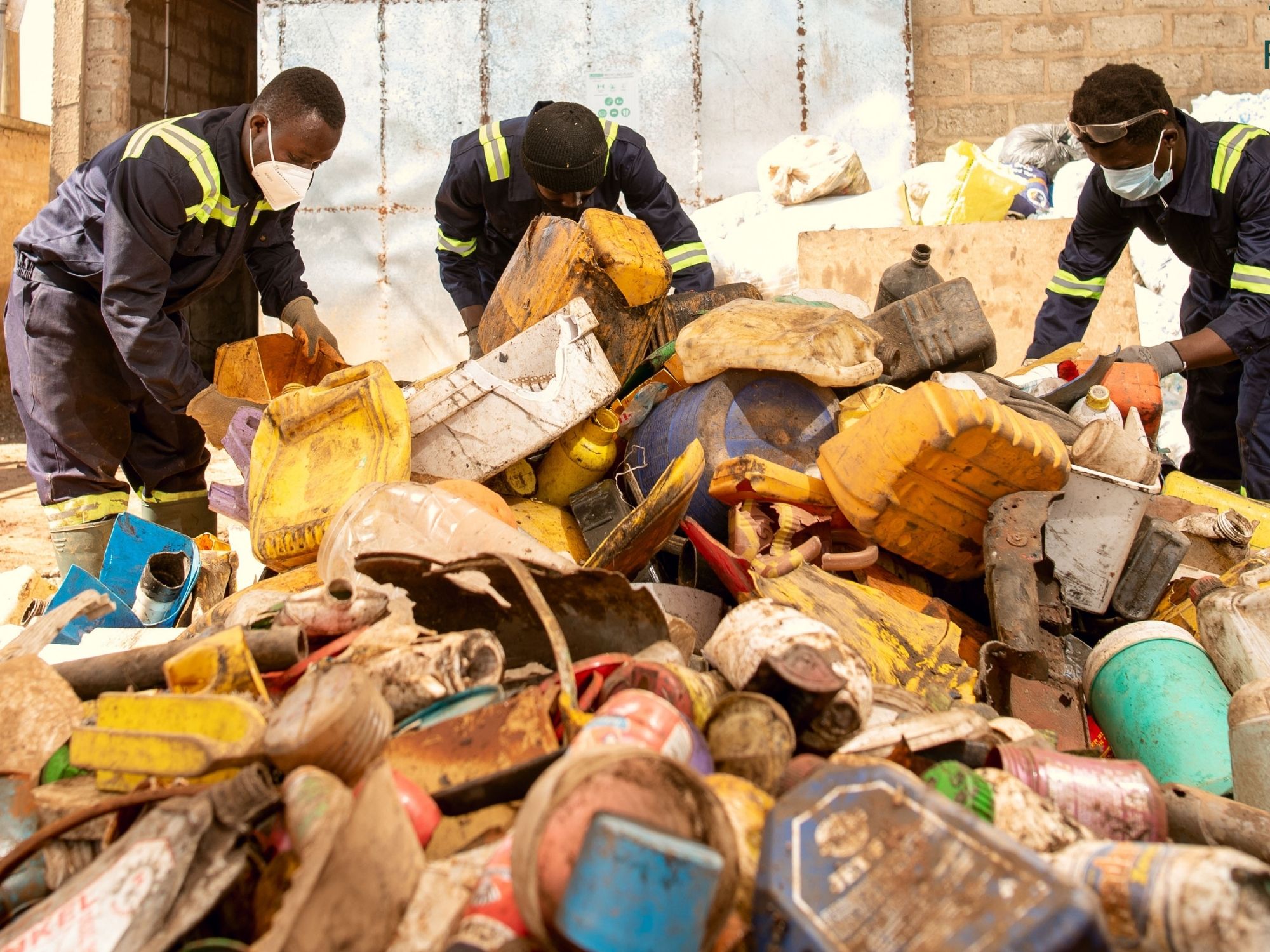
Plastic Collective: Leading the Way in Verified
Impact
Plastic Collective’s initiatives go beyond simple waste removal, offering businesses the opportunity to make a real difference in tackling plastic pollution. Backed by the Verra Waste Reduction Treaty, our projects set the gold standard for transparency, accountability, and sustainability. By cleaning up ecosystems, enabling plastic-neutral certifications, and empowering local communities, we provide comprehensive solutions to the global plastic crisis.
Asase Foundation: Ghana
One of our flagship projects, in partnership with the Asase Foundation in Ghana, addresses the challenges of plastic waste in rural communities. This initiative empowers local populations by creating sustainable livelihoods through training and employment in waste collection, sorting, and processing. In addition, the project is building essential waste management infrastructure to ensure plastic waste is effectively recycled or reused. By closing the loop in the lifecycle of plastic materials, the Asase Foundation project supports the principles of the circular economy, fostering both environmental and social benefits.
Searcular by Greencore: Java Island, Indonesia
Another transformative project, Searcular by Greencore on Java Island, Indonesia, focuses on intercepting and recycling plastic waste from rivers and coastal areas. As these waterways are critical points for ocean-bound plastic, the initiative plays a crucial role in mitigating marine pollution. The program combines innovative recycling methods with river cleanups, removing plastic before it reaches the ocean. Local communities are central to this effort, with partnerships fostering improved waste management practices and environmental education. By reducing plastic pollution and supporting sustainable livelihoods, this project demonstrates the power of collective action.
Plastic Collective’s plastic offsetting program provides businesses with a practical, impactful way to mitigate their plastic footprint. We start by helping organisations quantify their plastic usage and waste generation. Businesses then fund projects like those in Ghana and Java to offset their footprint by removing or recycling an equivalent amount of plastic waste. These offsets are rigorously monitored and verified under the Verra Waste Reduction Treaty, ensuring transparency and avoiding greenwashing.
Through initiatives like these, Plastic Collective enables companies to take meaningful steps toward sustainability, addressing their role in the plastic pollution crisis while driving positive change in vulnerable communities. By supporting our projects, businesses can lead the way in creating a cleaner, more sustainable future, one that benefits both people and the planet.
The Bigger Picture: Addressing Both Plastic and
Carbon
While carbon offsets remain essential in combating climate change, they cannot replace the need for targeted action against plastic waste. Businesses striving for holistic sustainability should consider balancing both, using plastic credits to tackle tangible pollution and carbon credits to address emissions. Investing in plastic credits allows businesses to make an immediate, measurable difference in the fight against plastic pollution while avoiding the pitfalls of greenwashing. By supporting verified initiatives like those from Plastic Collective, companies can reduce their plastic footprint, contribute to a circular economy, and align with global sustainability goals.
The choice is clear: for transparent, impactful, and community-driven solutions, plastic credits are paving the way for a cleaner, greener future.
